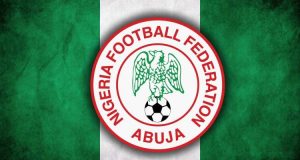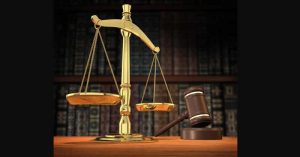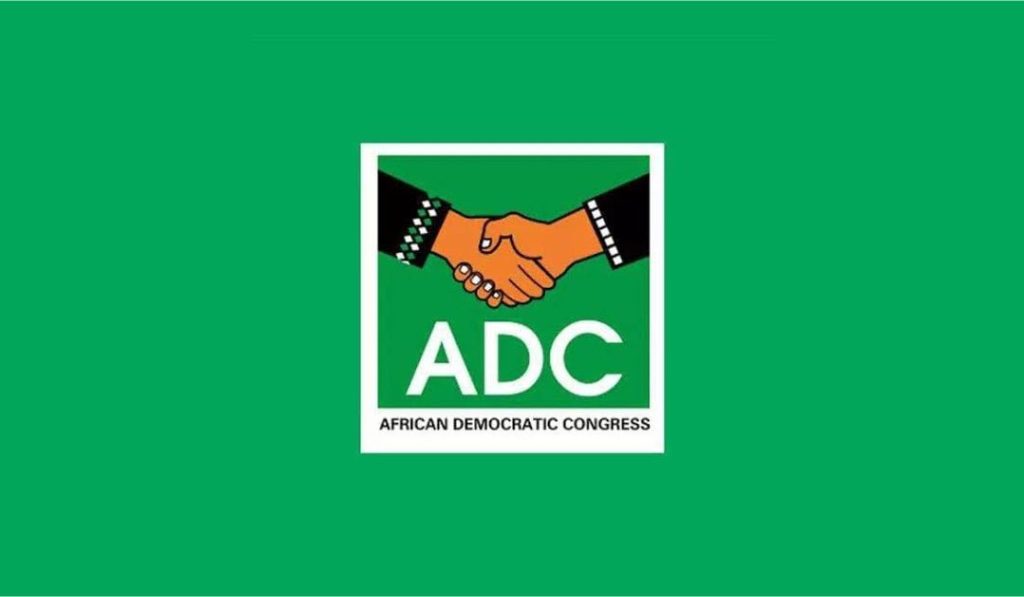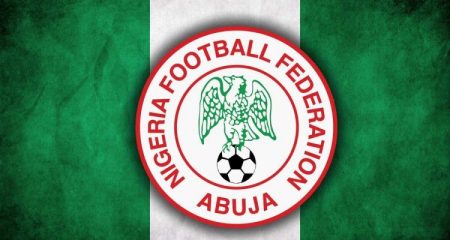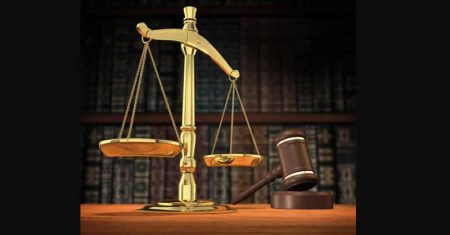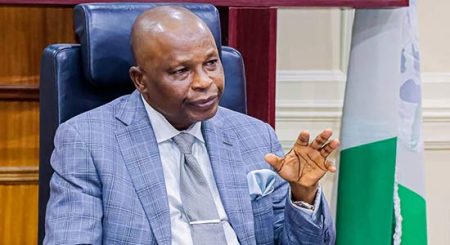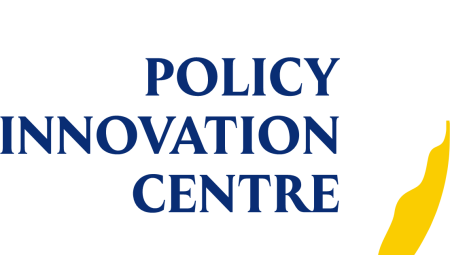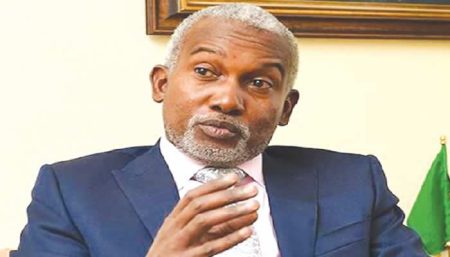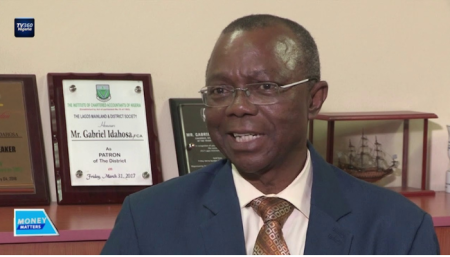The Nigerian political landscape witnessed a significant development with the unveiling of a new opposition coalition, the African Democratic Congress (ADC), aimed at challenging the ruling All Progressives Congress (APC) in the 2027 general elections. This coalition brings together prominent political figures from various backgrounds, including former members of both the APC and the Peoples Democratic Party (PDP). However, the ADC’s emergence has been met with skepticism from the presidency, which dismissed the coalition as a gathering of “internally displaced politicians” and a “dead on arrival party.” This characterization reflects the deep-seated political rivalries and power struggles within the Nigerian political system. Daniel Bwala, Special Adviser to the President on Policy Communication, articulated this dismissive view on social media, further emphasizing the administration’s perception of the ADC as a futile effort.
The ADC comprises a diverse group of politicians, many of whom have held high-ranking positions in previous administrations. Among them are former Vice President Atiku Abubakar, former Senate President David Mark, former Kaduna State Governor Nasir El-Rufai, former Osun State Governor Rauf Aregbesola, and Peter Obi, the Labour Party’s presidential candidate in the 2023 elections. These figures bring a wealth of political experience and influence to the ADC, potentially posing a formidable challenge to the APC’s dominance. Their reasons for joining the ADC vary, ranging from internal party disputes to personal political ambitions, creating a complex web of motivations driving this new political alignment. The coalition’s formation represents a significant realignment of political forces in Nigeria, with potential implications for the country’s future political trajectory.
The presidency’s reaction to the ADC’s formation highlights the inherent tensions and power dynamics within the Nigerian political arena. Bwala’s dismissive remarks, labeling the ADC a “dead on arrival party,” reflect the ruling party’s attempt to downplay the coalition’s potential impact and maintain its political stronghold. This rhetorical strategy seeks to portray the ADC as a disorganized group of disgruntled politicians lacking a coherent vision or strategy. The use of the term “internally displaced politicians” further suggests that the ADC members are opportunistic individuals seeking personal gain rather than genuine political reform. This characterization aims to discredit the ADC in the eyes of the public and undermine its credibility as a viable alternative to the APC.
The timing of the ADC’s formation is crucial, occurring in the aftermath of the 2023 general elections and well ahead of the next electoral cycle. This early positioning allows the ADC ample time to build its organizational structure, develop its political platform, and engage with the electorate. However, the coalition faces significant challenges, including internal cohesion, public perception, and the dominant position of the ruling APC. The diverse backgrounds and political ideologies of its members could potentially lead to internal conflicts and disagreements, hindering the ADC’s ability to present a united front. Overcoming these internal challenges and projecting a clear and consistent message will be crucial for the ADC’s success.
Furthermore, the ADC must contend with the public’s perception of its members, some of whom have faced controversies and allegations of corruption in the past. Addressing these perceptions and regaining public trust will be a significant hurdle for the coalition. The ADC also faces the formidable task of challenging the APC’s well-established political machinery and extensive resources. The ruling party’s control over government institutions and its access to state resources provide a significant advantage in electoral campaigns. Overcoming this asymmetry of power will require strategic planning, effective mobilization of resources, and a compelling political narrative that resonates with the electorate.
The ADC’s emergence signifies a dynamic shift in the Nigerian political landscape, potentially reshaping the political discourse and influencing the outcome of future elections. The coalition’s success or failure will depend on its ability to navigate internal divisions, address public perceptions, and effectively challenge the ruling party’s dominance. The coming years will be crucial for the ADC to consolidate its position, build a strong grassroots movement, and articulate a compelling vision for Nigeria’s future. The political battle lines are being drawn, setting the stage for an intense contest in the 2027 general elections and beyond. The ADC’s journey will be closely watched as a barometer of the evolving political dynamics in Nigeria.



